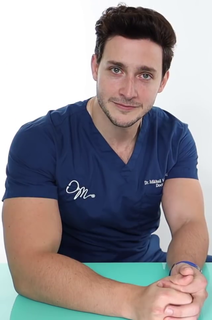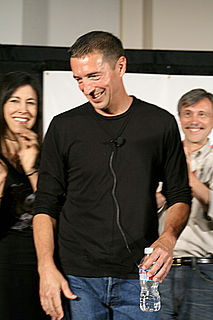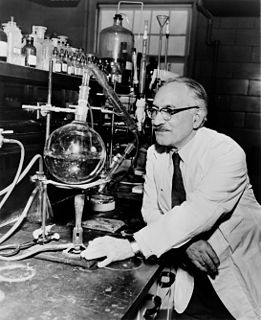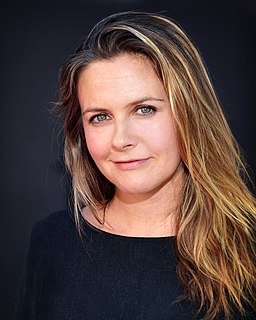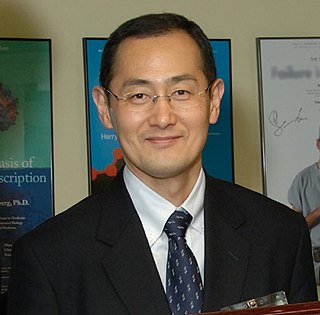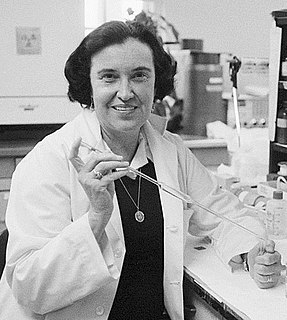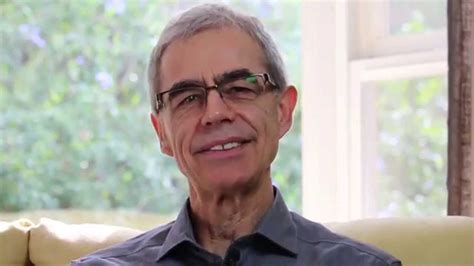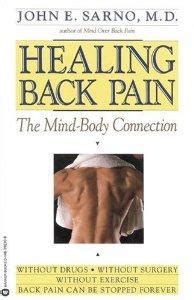Top 101 Antibiotics Quotes & Sayings
Explore popular Antibiotics quotes.
Last updated on November 8, 2024.
Medicine has changed greatly in the last decades. Widespread vaccinations have practically eradicated many illnesses, at least in western Europe and the United States. The use of chemotherapy, especially the antibiotics, has contributed to an ever decreasing number of fatalities in infectious diseases.
GMOs are linked to digestive problems, among other things. Antibiotics and growth hormone are other additives being excessively pumped into the animals we are eating, which means we're then consuming these excess antibiotics and hormones. And some processed foods actually contain toxic chemicals, often used to prevent spoilage and enhance flavor.
As James Surowiecki noted in a New Yorker article, given a choice between developing antibiotics that people will take every day for two weeks and antidepressants that people will take every day for ever, drug companies not surprisingly opt for the latter. Although a few antibiotics have been toughened up a bit, the pharmaceutical industry hasn't given us an entirely new antibiotic since the 1970s.
... our diagnosis and treatment of of tension myositis syndrome represent yet another instance of what is possible when the power of the mind is mobilized for healing the body. It's not magic; it is as scientific as the appropriate use of antibiotics, for science encompasses everything that is true in nature.
I got strep throat last week and finished my antibiotics on the Wednesday before coming here, so yesterday was my first day off antibiotics. They take a lot out of you, but it was kind of an advantage ... Instead of concentrating on everything, I was concentrating more on the breathing and relaxing. That also really helped me.
To eat chicken that was raised with antibiotics is safe, right? But long-term, relying on antibiotics as part of our livestock production is probably not the right thing to do. To not serve chicken means that there's not an economic engine that's making it possible to build up a supply of antibiotic-free meat.
Take pandemics. There could easily be a severe pandemic. A lot of that comes from something we don't pay much attention to: Eating meat. The meat production industry, the industrial production of meat, uses an immense amount of antibiotics.We're now running out of antibiotics that deal with the threat of rapidly mutating bacteria. A lot of that just comes from the meat production industry. Well, do we worry about it? Well, we ought to be.
Antibiotics are a very serious public health problem for us, and it's getting worse. Resistant microbes outstrip new antibiotics. It's an ongoing problem. It's not like we can fix it, and it's over. We have to fight continued resistance with a continual pipeline of new antibiotics and continue with the perpetual challenge.



